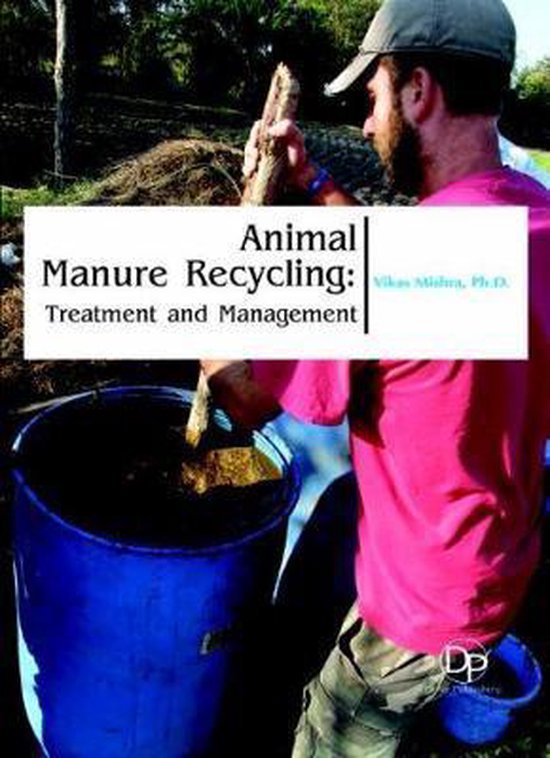Many environmental problems of current concern are due to the high production and local accumulations of organic wastes that are too great for the basic degradation processes inherent in nature. With adequate application rates, animal manure constitutes a valuable resource as a soil fertilizer, as it provides a high content of macro- and micronutrients for crop growth and represents a low-cost, environmental-friendly alternative to mineral fertilizers. Improper disposal of animal manure poses a threat to the environment. Recycling manure cannot only protect the local environment but can also save you money. Spreading animal manure can contribute to harmful urban run-off that contains bacteria and nutrients that pollute our local groundwater. Throwing it away in the trash takes up valuable landfill space and wastes natural resources. A rapidly changing and expanding livestock and poultry production sector, in addition to increasing human waste, due to ever increasing human population, means there is also an increase in livestock manure, which if not utilized and managed can lead to a range of environmental problems. Historically, manure was used as a fertilizer, but after overuse of chemical fertilizers for decades, manure is again being used for organic farming for crop fertilization and soil amelioration, and biofuel production. This book, Animal Manure Recycling Treatment and Management presents an overview of environment friendly principles and practices used for managing animal manure more efficiently and in a sustainable manner for creating a consistent fertilizer product. In addition to the manure management, this book also describes technologies for converting manure to biogas and management of gaseous emissions and run off of manure derived greenhouse gases. Livestock production is experiencing dynamic growth and specialisation, and is facing the challenge of ensuring that changes in production systems include the development of environmentally friendly manure management systems. This book provides an overview of manure management systems and technologies for removing solid and liquid manure from animal houses, storage, transport and application in the field. The overview includes specific descriptions and applicability of potential technologies in terms of capability, costs, environmental impact and so on. Methods needed to manage the manure are also presented. The introduction of appropriate management technologies could thus mitigate the health and environmental risks associated with the overproduction of organic wastes derived from the livestock industry by stabilizing them before their use or disposal. Stabilisation involves the decomposition of an organic material to the extent of eliminating the hazards and is normally reflected by decreases in microbial biomass and its activity and in concentrations.

Geef een reactie
Je moet ingelogd zijn op om een reactie te plaatsen.